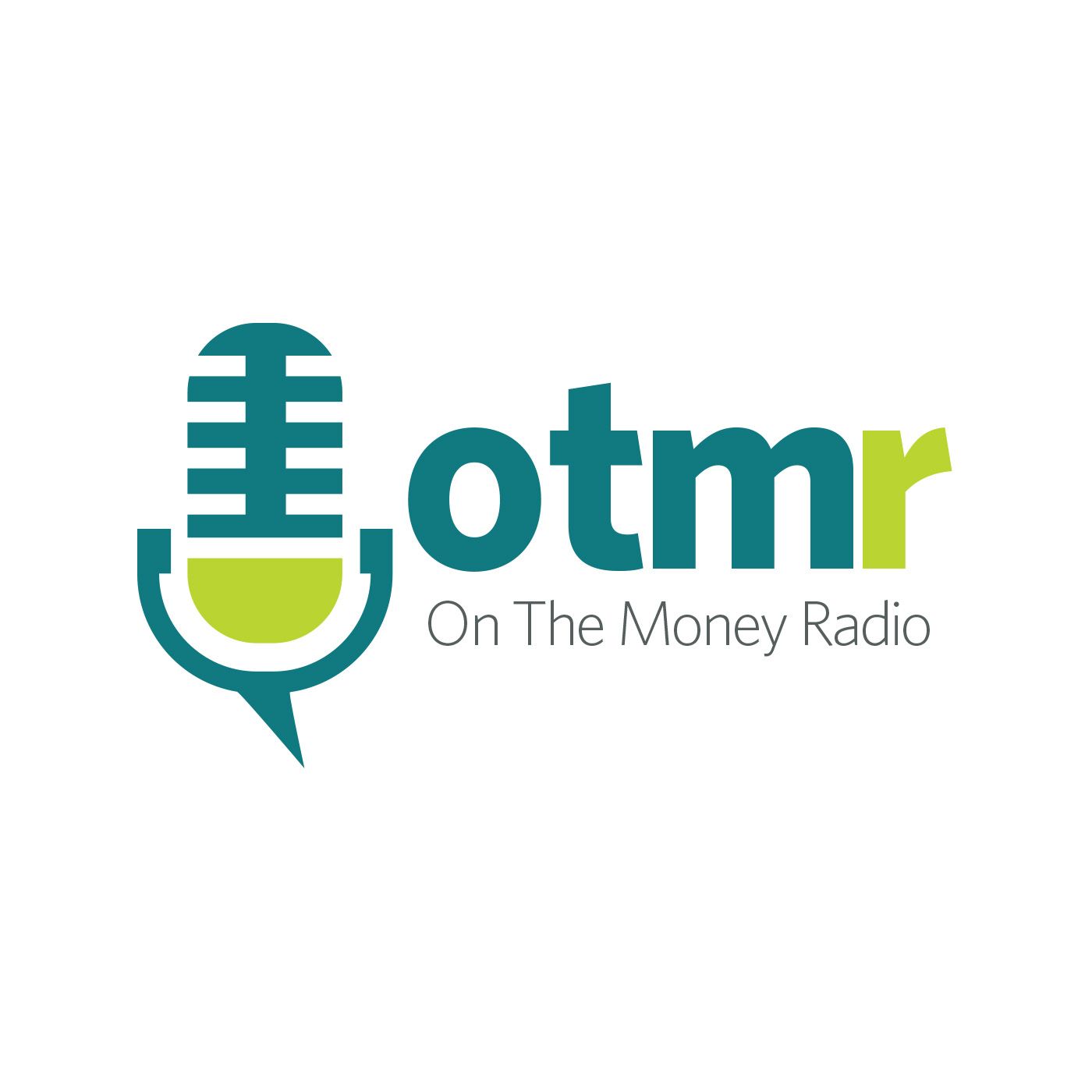What Is Going To Happen To Your Money After The Election?

b'With Steve Pomeranz
Well, the election is over and, thank heaven, we can get back to important things, like learning about self-driving cars and watching Game of Thrones and Westworld
I will say that, when it was over, I felt a strong sense of relief. It was as if I had been living with a screaming monkey running around my house, throwing things at me every day. At least now, the house is quiet and I can get control of my mind again.
So what does this change in our political landscape mean to investors, to savers, and to us money watchers?
Let\\u2019s take a look at the recent past first. If you have been following the market\\u2014which I do every day because it\\u2019s my job\\u2014we initially saw a stunning decline in the price of the US stock market on election night. In case you hadn\\u2019t heard, stock market futures at one point declined by 800 points at 2:30 election morning. I got all itchy and started to think about buying the market on this tremendous dip. Gotta buy the fear, right? But, alas, I was not the only one with that in mind and, by the end of the day, the market had rallied 300 points.
What is most fascinating, however, was the way the different sectors in the market began acting. But before we look at the stock market, we should take a close look at the bond market because this kind of explains it all. The bond market got clobbered! Interest rates soared on any bonds with longer-term maturities, causing their prices to drop. This means if you have bonds in your portfolio that are there to keep you safe\\u2014guess what?\\u2014they just got really volatile and have declined more than stocks.
And any company that could be hurt by rising interest rates, like utilities and real estate, also declined. On the other side of the coin, companies that would benefit from rising interest rates soared\\u2014especially bank stocks. Bank stocks make their money by the spread; the spread is determined by what they pay us on our checking and savings accounts, which is zilch, and what they are able to lend that money that we give them to businesses and individuals, let\\u2019s say, in mortgages and business loans.
Well, if interest rates go up on the long end of the scale, that affects what the banks get on mortgages. They get more money on mortgages; at the same time, interest rates stay low on the short term, which is our savings accounts, so they make a lot of money. Plus, they have a certain amount of leverage, which enhances their returns too. We saw some huge moves in the big banks last week.
Here are some thoughts on possible future scenarios:
The current feeling is that in order for Trump to fulfill his promises about getting people back to work, he will start to spend lots and lots of money on infrastructure\\u2014that\\u2019s fixing bridges, airports, waterways, roads, and the like. He will do this by borrowing tons of money and then using that money to build things. Who knows how to do that better than The Donald? He always borrowed HUGE amounts of money for his real estate projects, so it seems this will be a natural.
All this borrowing will filter into the economy and could get the economy moving higher.
He\\u2019s hoping on some of the old trickle-down action that became famous during the Reagan years and, in Reagan fashion, he\\u2019s talking about lowering corporate tax rates and individual tax rates, which, according to theory, puts more money in people\\u2019s pockets and should get the economy moving. Higher corporate profits will be good for the stock market, so it may increase the disparity between those who have financial assets and those who don\\u2019t.
Does that sound familiar? Well, it\\u2019s kind of ironic, for sure, because this is exactly what happened during Obama\\u2019s presidency, so I\\u2019m not sure if anything is really different here. The bottom line for all of us is to save and get some of those financial assets so you can participate in all of this\\u2014if I\\u2019m right.'